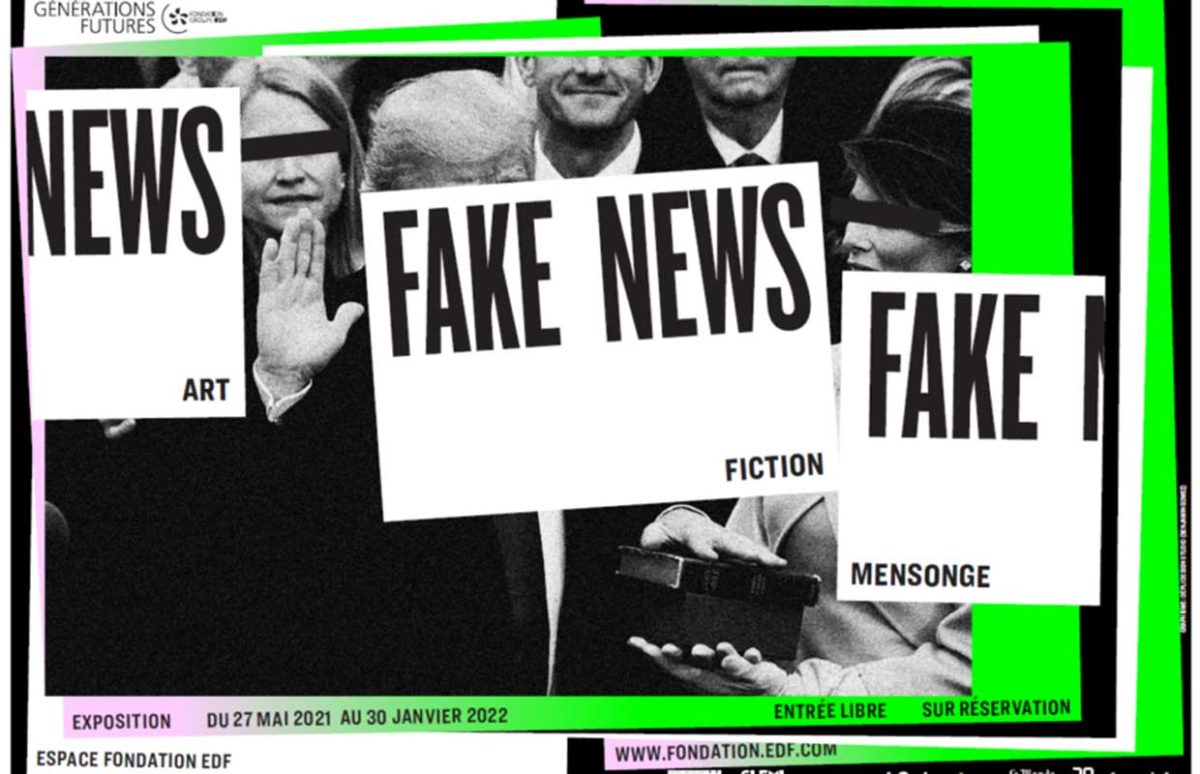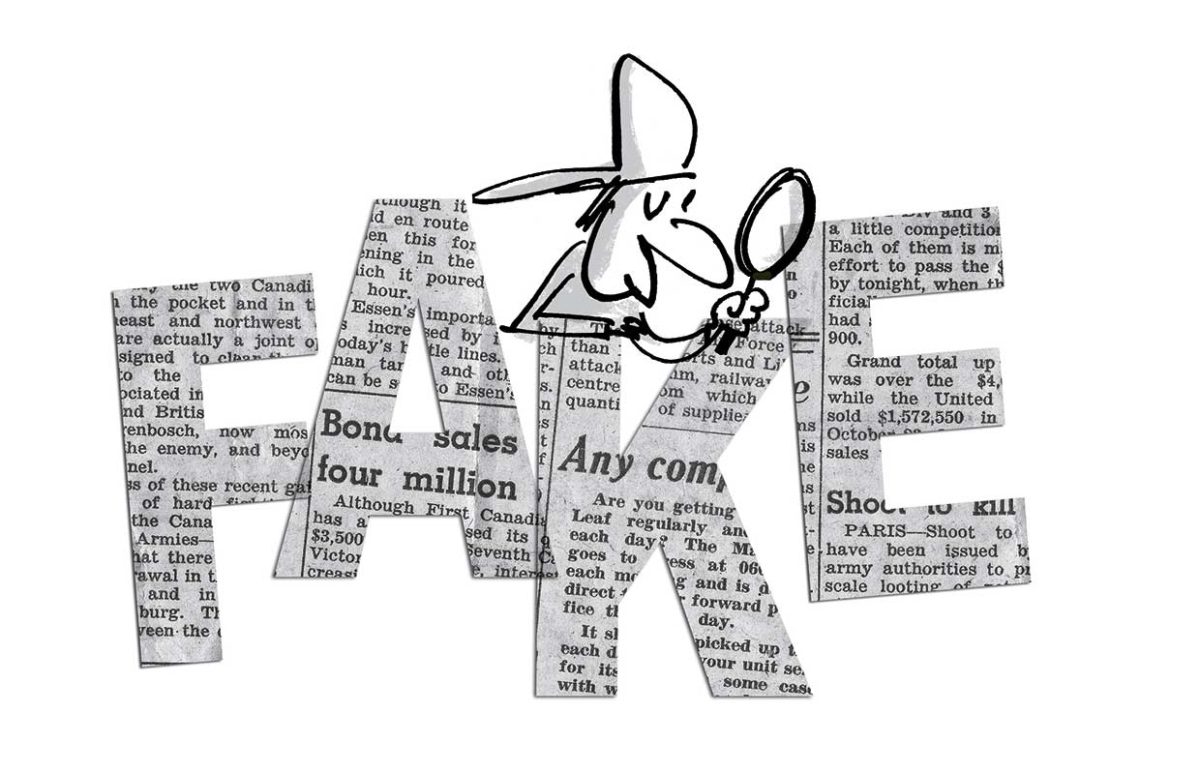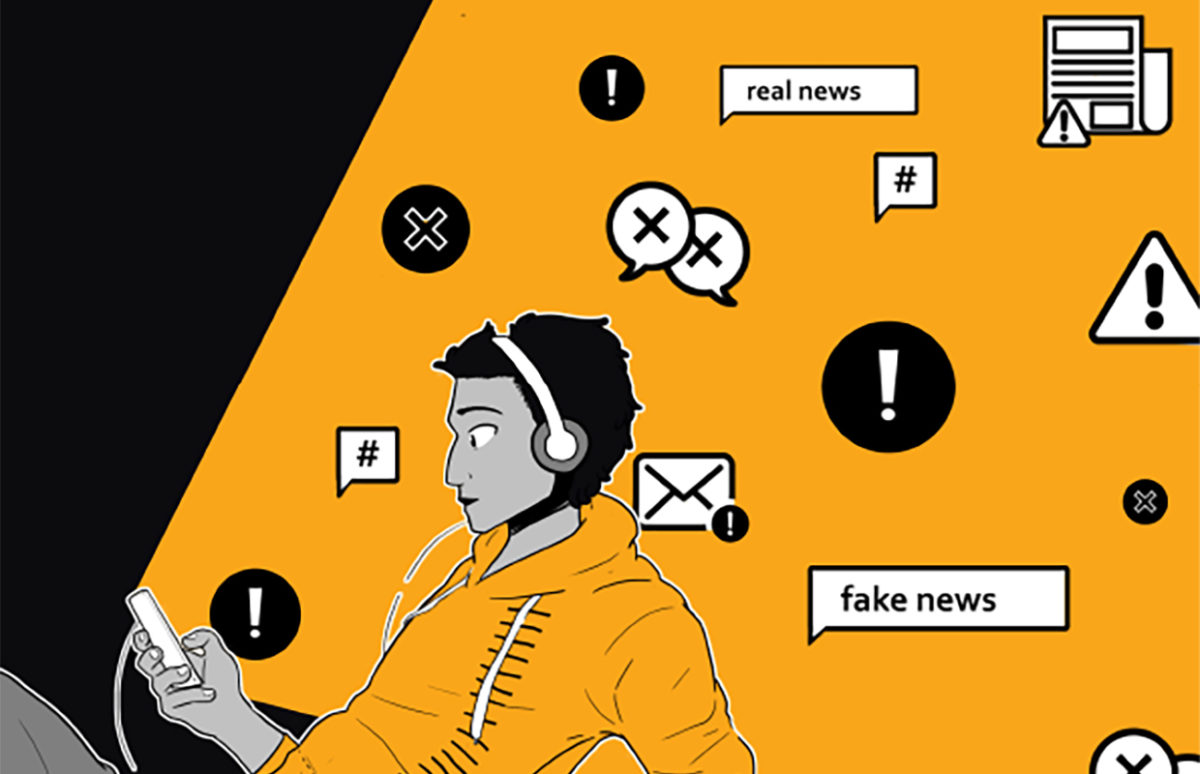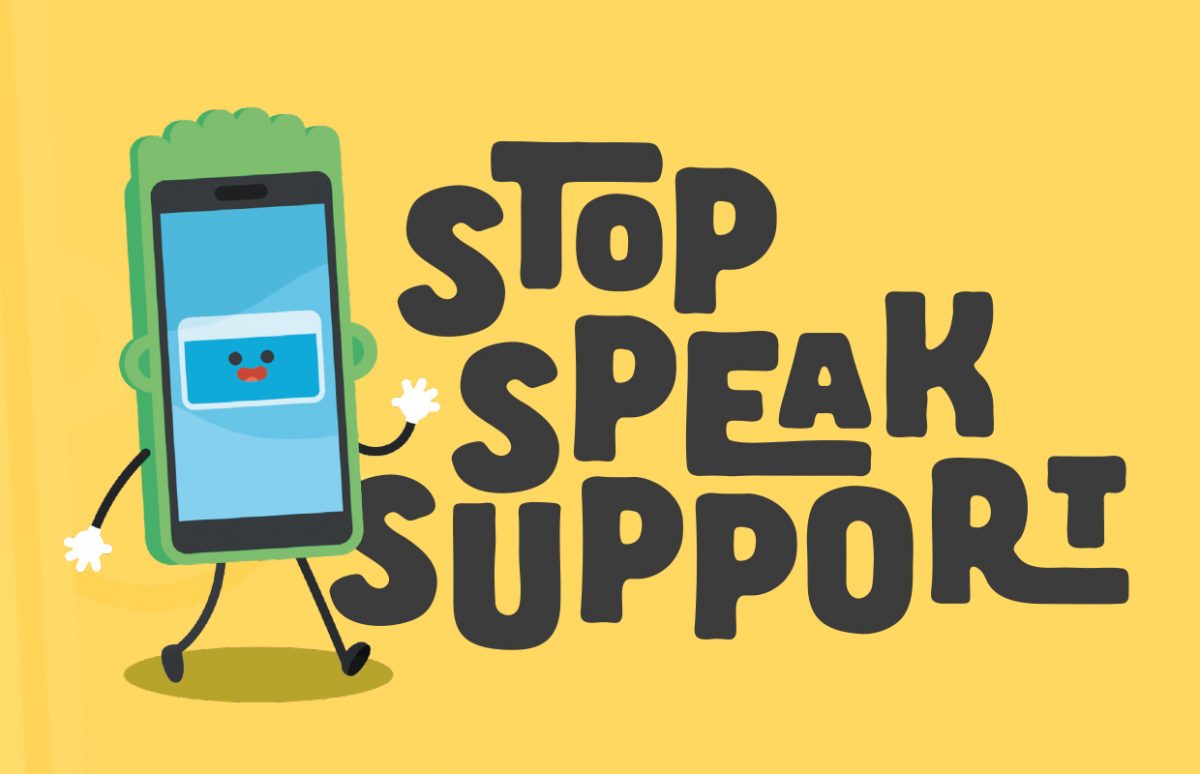
The Fake News exhibition created by the CLEMI which is running in Paris till February 2022 is now also available as 10 A3-sized posters that you can print up and display in your school. There’s a webinar and teaching pack to help you guide your pupils to get the most out of the experience. The … Continue reading “Fake News Exhibition in Your School!”

No, it isn’t fake news: Covid permitting, there will be an exhibition on Fake News running from 27 May 2021 to January 2022 at the Fondation EDF in Paris. Designed for school groups as well as the general public, it will be a great opportunity to have your pupils develop their critical-thinking skills. The exhibition … Continue reading “Fake News Exhibition”

International Fact-Checking Day is on 2 April – the day after the annual feast of benign fake news stories and hoaxes that is April Fool’s Day. It promotes fact-checking to combat malicious fake news around the world. The day is organised by the International Fact-Checking Network, a team of journalists around the world coordinated by … Continue reading “International Fact-Checking Day”

The This is England short films festival education team has concocted a great programmes collège classes every morning of the festival. Sign up now, and download the teaching pack to prepare for your visit. A unique feature of This is England is that the selection mixes live-action fiction, documentary and animated films. The collège selection … Continue reading “Teaching with Short Films: Collège”

Raise awareness about bullying in November. On the 8th, it’s Anti-Bullying Day in French schools. And it’s Anti-bullying Week in the UK from 12 to 16 November. We look at some student-produced anti-bullying videos and apps that are helping fight the problem. This is the video for the 2017 anti-bullying week but it works better … Continue reading “Students Against Bullying”

A scientific study from the Massachusetts Institute of Technology shows that false news spreads on Twitter much further and faster that true news items. Just like spoken gossip and rumours, people just can’t wait to share or retweet something unusual or shocking. The study found that false news stories are 70 percent more likely to … Continue reading “False News Travels Faster and Further”

This worksheet is based on an article which can be labelled A2+ as far as understanding is concerned, but the final writing activity should target B1 for a good number of students. Therefore, we suggest starting with easy activities to engage everyone in the class and gradually move on to more demanding work. It is … Continue reading “What’s in the News?”

Don’t miss the deadline! We’re inviting your “Cycle 4” pupils to write their own articles to send us, and we’ll publish our favourites on Speakeasy News. Send us their work by 10 May. The theme of the competition is “School Report”. The objective is for pupils not to be tempted to cut and paste from … Continue reading “Journalism Competition for Your Classes”

The Steven Spielberg film The Post, starring Meryl Streep and Tom Hanks, is an excellent resource for working on the press and the media as part of éducation aux médias. It would work very well with the theme for this year’s Semaine de la presse à l’école: Where does the news come from? The Semaine … Continue reading “Pentagon Papers Webpicks”

A new album by one of the most popular singer-songwriters in the world is big news. And the themes of Taylor Swift’s album Reputation is a great opportunity to discuss rumours, bullying and online security with your pupils. In this A2 article, some of your students will learn about Taylor Swift, while others will probably … Continue reading “Taylor Swift: Reputation”














